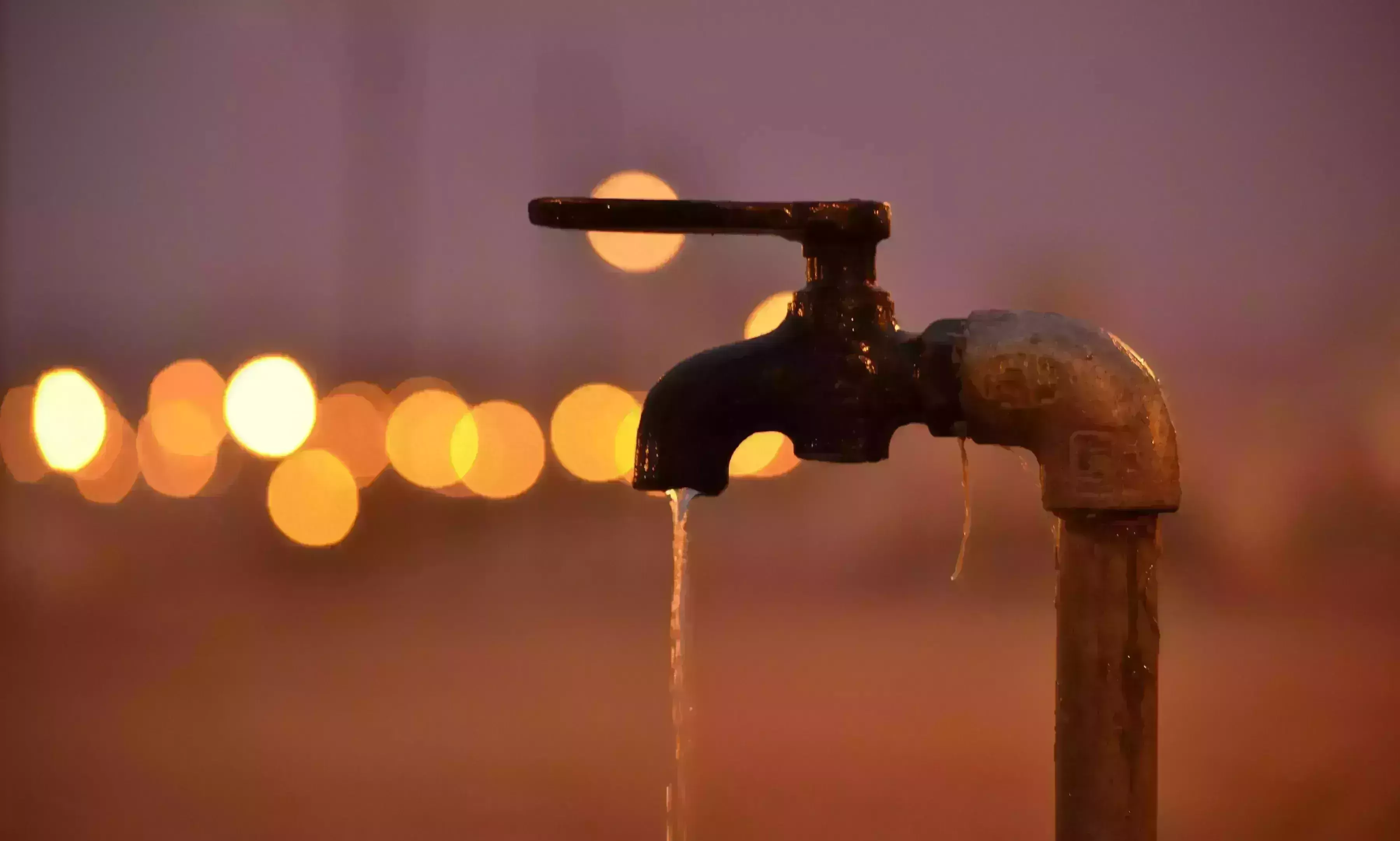
30 Indian cities will face water scarcity by 2050, says WWF study
text_fieldsIndian cities such as Delhi, Jaipur, Kozhikode, Amritsar, Pune, Vishakapatnam, Mumbai and Kolkata along with 22 others are among the list of 100 cities that will face acute waters shortage unless the urgent and measure is adopted to mitigate climate change.
The study conducted by WWF (Worldwide Fund) Water Risk Filter listed out 100 cities across the world that will fall under the threat of water scarcity in the coming decades. These 100 cities that are expected to be affected severely are homes to 350 million people approximately and the population in these cities could rise from 17 per cent in 2020 to 51 per cent by 2050 which will further increase the demand for water.
Beijing, Istanbul, Makkah, Johannesburg, Hong Kong, Jakarta and Rio de Janeiro are also among the list of cities revealed by the study. Almost half of the cities in the list are in China with the rest from South Asia, Middle East, Africa, etc. But India has now emerged as a dominant name in the list of cities with the highest overall water risk.
"The future of India's environment lies in its cities. As India rapidly urbanizes, cities will be at the forefront both for India's growth and for sustainability… This is our chance to re-evolve and re-imagine what the future of the cities could be" said Sejal Worah, Programme Director of WWF India.
The smart cities initiatives along with private sector companies and financial institutions in India can join hands to play a vital role in reducing water risk to their operations and in investing in projects that aim to conserve sustainable water infrastructure.
WWF Water Risk Filter is a leading online tool for assessing, valuing and responding to water risk and the studies they conduct can be used by the cities to better prepare and plan for water resilience.





